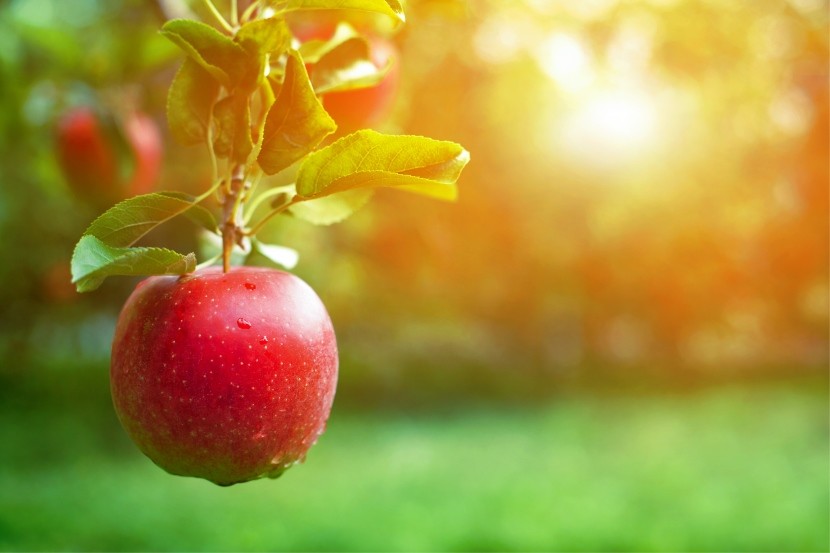An apple a day may help to keep the doctor away. This statement is not news to many of us. But most of us are not aware that an apple a day may also help keep colorectal cancer away. A growing number of studies have shown that generous consumption of apples can help to prevent the onset of colorectal cancer.
A 2009 study that explored the association between apple consumption and colorectal cancer risk found out that one or more apples consumed daily, can reduce the risk of getting colorectal cancer. The findings of this study are in line with the results of a similar study titled "Case-Control Study on the Beneficial Effect of Regular Consumption of Apples on Colorectal Cancer Risk in a Population With Relatively Low Intake of Fruits and Vegetables." "The observed protective effect of apples on colorectal cancer may result from their rich content of flavonoids and other polyphenols, which can inhibit cancer onset and cell proliferation, "concluded the authors of this study.
Flavonoids and other polyphenols are able to halt the transformation of healthy cells into cancerous tumors through their antioxidant activities. Antioxidants play a key role in the prevention of cancer because they neutralize and eliminate highly reactive free radicals and carcinogens that can cause damage to the DNA of cells in the colon and rectum and initiate the process of cancer development. Along with being packed with potent antioxidant compounds, apples also contain pectin—a soluble fiber. The bacteria in the gut metabolize pectin to short chain fatty acids, such as acetates, propionates, and butyrates, that inhibit the growth of cancerous cells in the colon and rectum.
Colorectal cancer is the third most common cancer in the United States. It is estimated to affect 1 in 22 men and 1 in 24 women. Therefore, adopting measures that will minimize the risk of getting colorectal cancer should be on the priority list of every health-conscious individual. Adding more apples on a daily basis is a delicious step towards the path to reducing colorectal cancer risk.
Additional Information:
(1) American Cancer Society: Key Statistics for Colorectal Cancer
(2) Additional Scientific Abstracts Regarding Apple Consumption
(3) An Apple a Day May Hold Colorectal Cancer at Bay: Recent Evidence From a Case-Control Study
